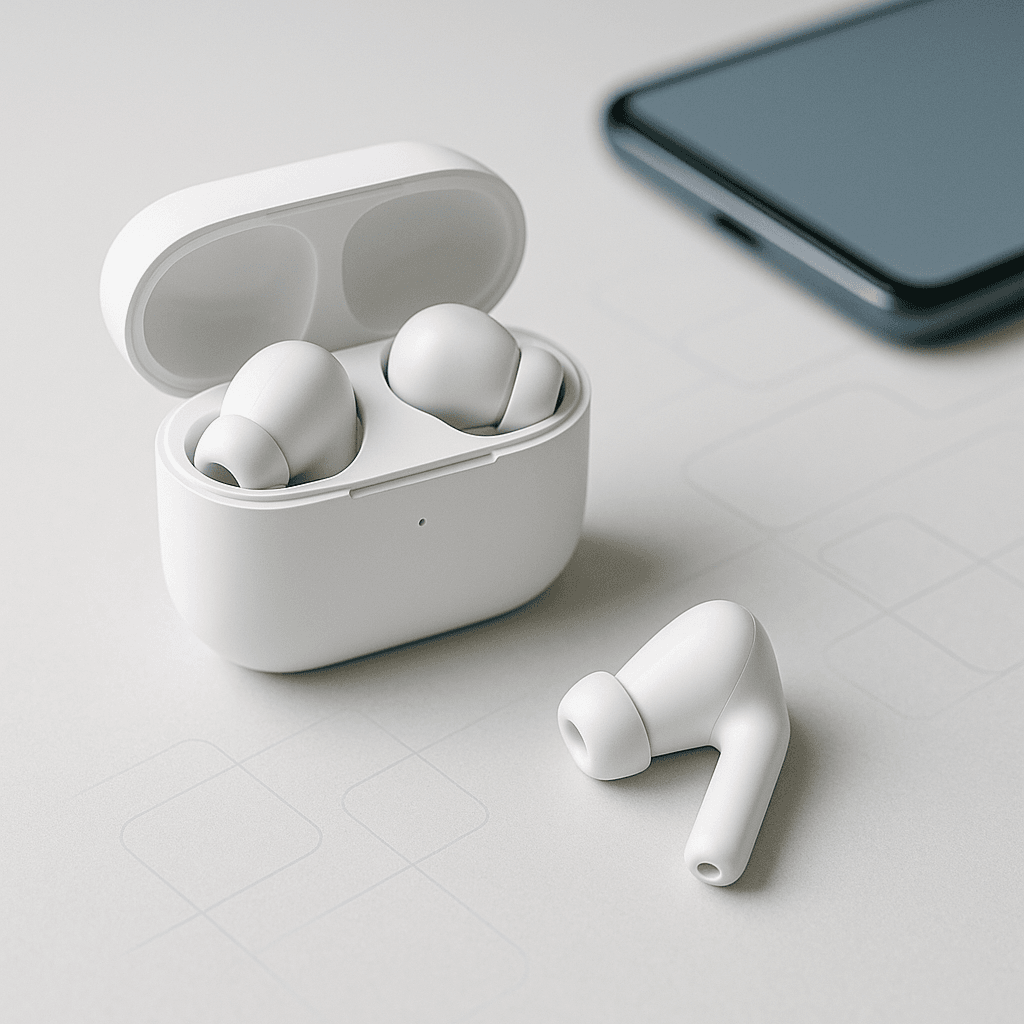Samsung just made manufacturing history. The tech giant achieved UL Solutions' highest "Zero Waste to Landfill" Platinum designation across every single one of its global manufacturing sites - a 100% landfill diversion rate that no major tech company has accomplished before. The milestone caps a three-year push that's now recycling 1.32 million tonnes of waste annually while feeding directly into Samsung's product pipeline.
Samsung just rewrote the playbook for tech manufacturing sustainability. The Korean giant announced it has achieved UL Solutions' coveted "Zero Waste to Landfill" Platinum designation across all of its global manufacturing sites - becoming the first major tech company to hit 100% landfill diversion at this scale.
The achievement represents a massive operational shift that's been three years in the making. Since announcing its Environmental Strategy in 2022, Samsung has systematically transformed how it handles waste across 32 manufacturing sites spanning from South Korea to Vietnam, Hungary to the United States.
"This is a major milestone in our environmental management strategy," Junhwa Lee, Executive Vice President and Head of Global EHS Office at Samsung's DX Division, told reporters through the company's newsroom. The numbers back up the ambition - Samsung recycled approximately 1.32 million tonnes of waste in 2024 alone, equivalent to 260,000 five-tonne waste trucks.
The Platinum designation isn't just a participation trophy. UL Solutions, the global safety science company that administers the program, reserves Platinum status for companies achieving 100% landfill diversion. Gold and Silver designations require 95-99% and 90-94% respectively, making Samsung's perfect score a genuine technical achievement.
But here's where it gets interesting for consumers. Samsung isn't just disposing of waste better - it's turning that waste into components for new products. The Galaxy S25, launched earlier this year, incorporates recycled cobalt extracted from previously used Galaxy smartphones and batteries through what Samsung calls its "Circular Battery Supply Chain." Even discarded wafer trays from semiconductor manufacturing get recycled into Galaxy S25 components.
The transformation happened in stages. Last year, all 10 sites in Samsung's Device Solutions division earned Platinum status. This July, the final piece fell into place when the Hungarian subsidiary SEH-P achieved Platinum, completing the puzzle across all 22 sites in the Device eXperience division.



